How the seasons can affect our horses
How do the seasons affect horses in Australia? The change of the seasons can affect our horses in ways other than what we as horse owners know and or...

With a solution-focused approach, we collaborate closely with clients and consultant teams to align on scope, time frames, design objectives, and cost. We’re committed to delivering a strong return on your investment. Are you interested in our work in the commercial and industrial sectors?

Our client, a vet and sheep farmer, needed a shearing shed and yard cover designed for efficiency and innovation. Partnering with our team, he collaborated with fit-out providers to create two custom steel structures tailored to his farm’s needs. His farm is now equipped for better working conditions and long-term success.

Providing Industry-Leading Steel Building Solutions
Central Steel Build, committed to innovation, quality, and customer satisfaction, has solidified its reputation as an industry leader. We're revolutionising agricultural structures, and transforming how farmers and producers approach building solutions. If you’re interested in our work in the agricultural sector, read the article to discover how we’re transforming building solutions.

Oritech combined office and warehouse
Oritech Pty Ltd partnered with us to build a modern office and warehouse facility in Mitchell Park, Victoria. The design featured innovative L-shaped tilt panels for both function and style. Using our Pro. building approach, we delivered a durable, cost-effective, high-quality solution. Seamless collaboration ensured the project was completed on time and within budget.
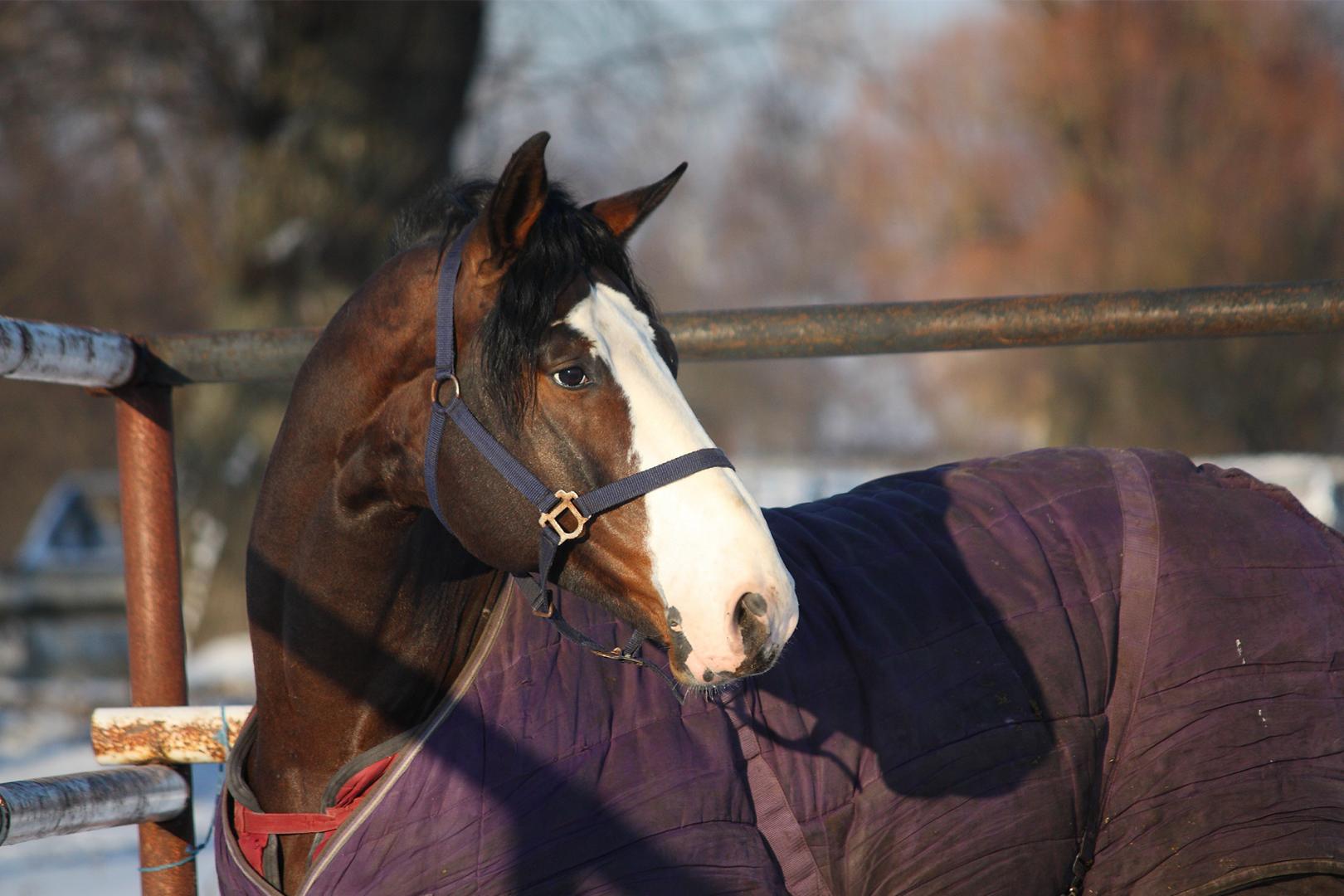
Winter is upon us once more and its just as freezing, dark and gloomy as ever. Although our winter conditions aren’t as harsh as some other countries here in Australia it can still get pretty cold! Your horse needs to be looked after appropriately through the colder months and so do you so we compiled this list of tips regarding winter equine care.
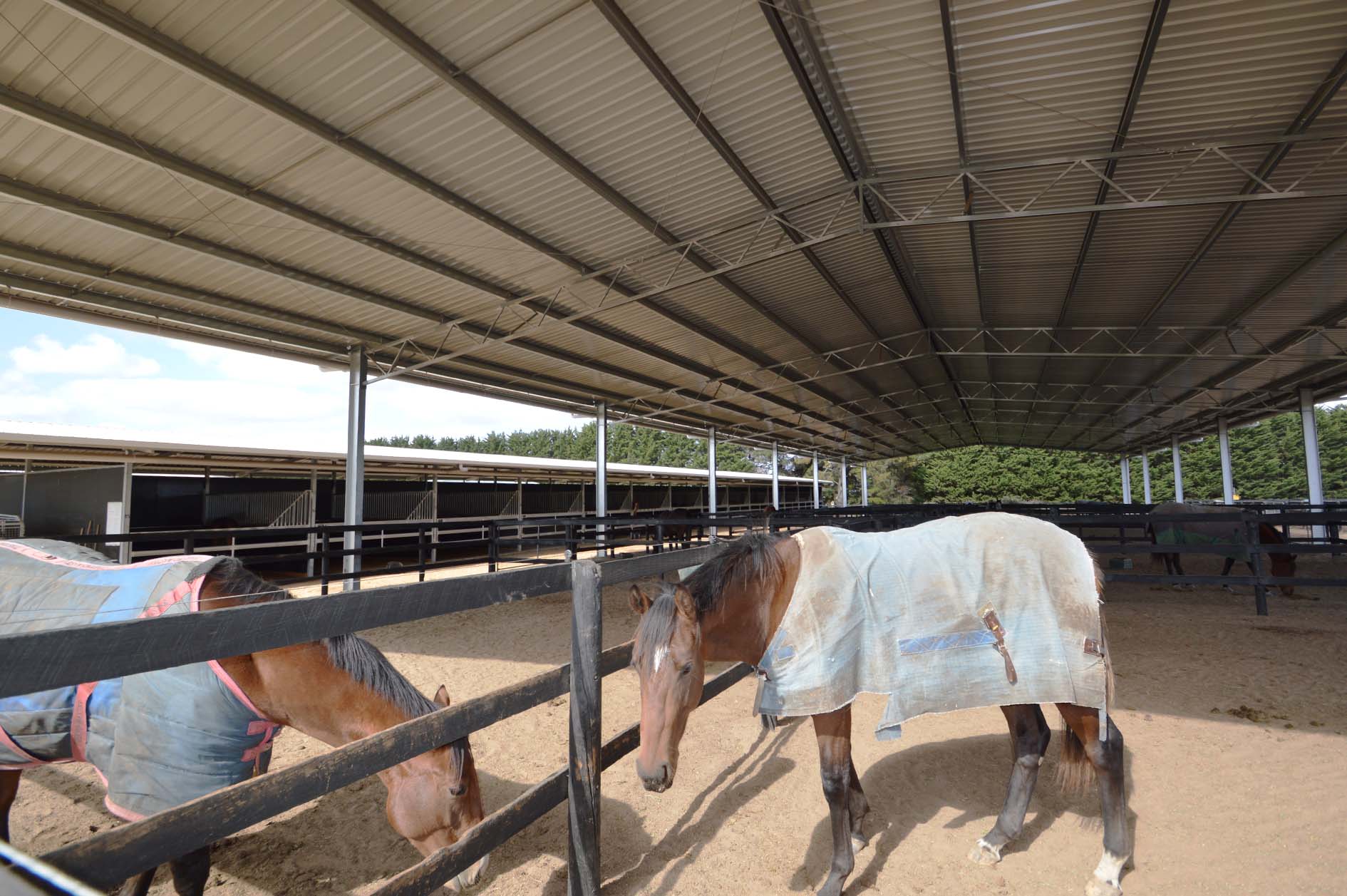
Horses are able to be healthy and live outside during winter as long as they are healthy, develop a thick winter coat and have appropriate shelter. Many horses do not need to have blankets but waterproof/breathable blankets can help with keeping out driving wind and rain.
The cold temperatures aren’t so much the issue for horses in winter, but wind and moisture does bother them. They should have a shelter big enough to allow the horses to get safely out of the weather when needed. If you have more than one horse together, keep in mind that horses can differ in personality and one horse with a dominant personality may refuse to let more submissive horses into the shelter.
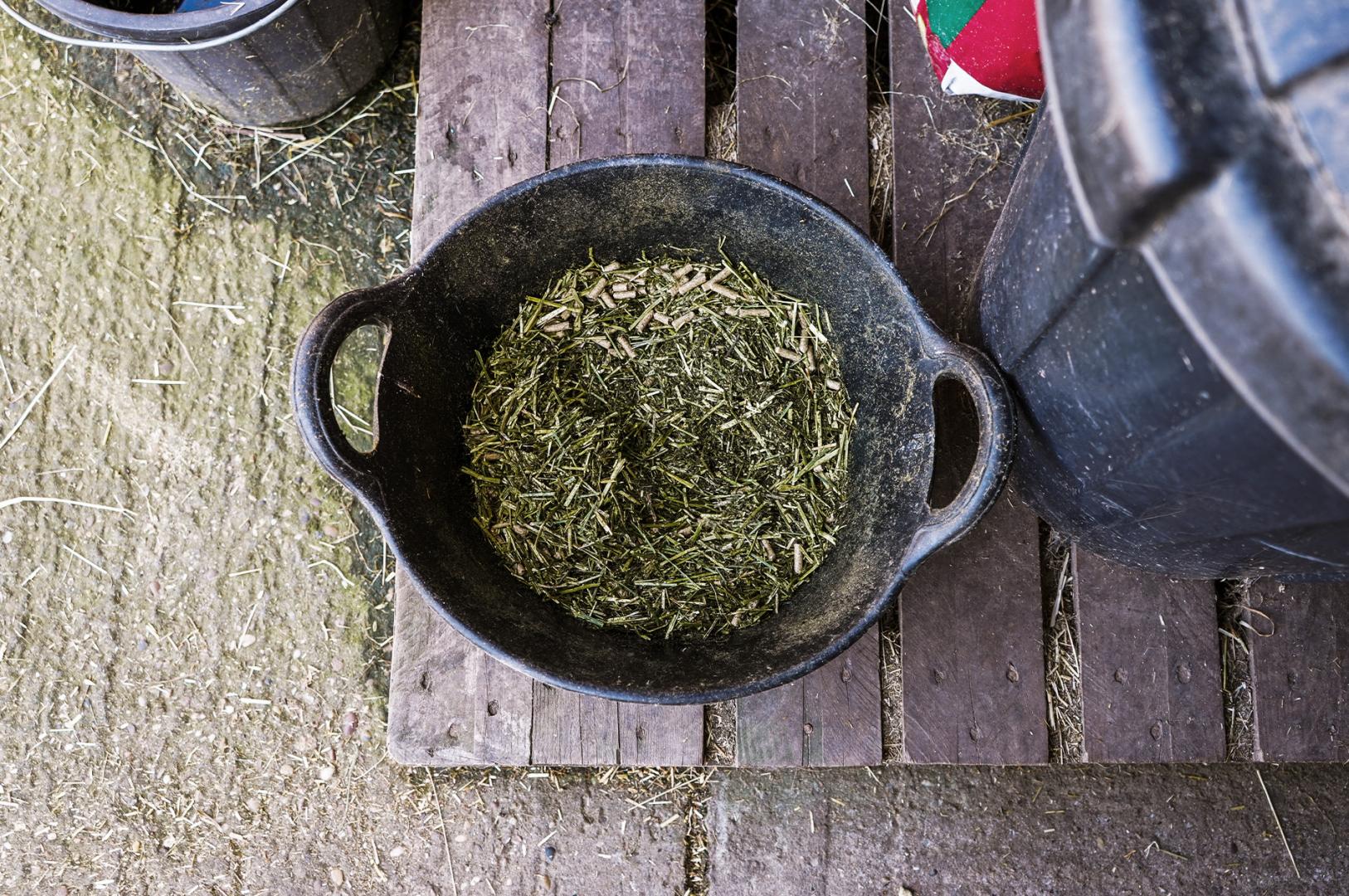
Horses need a significant increase in calories to keep warm in the winter months. They should have high quality hay as the staple of their diet, with dry, fresh hay being available at all times. Aged horses or those with dental diseases, meaning they are unable to eat hay productively, need to receive calories more frequently in an alternative form that they are able to use.
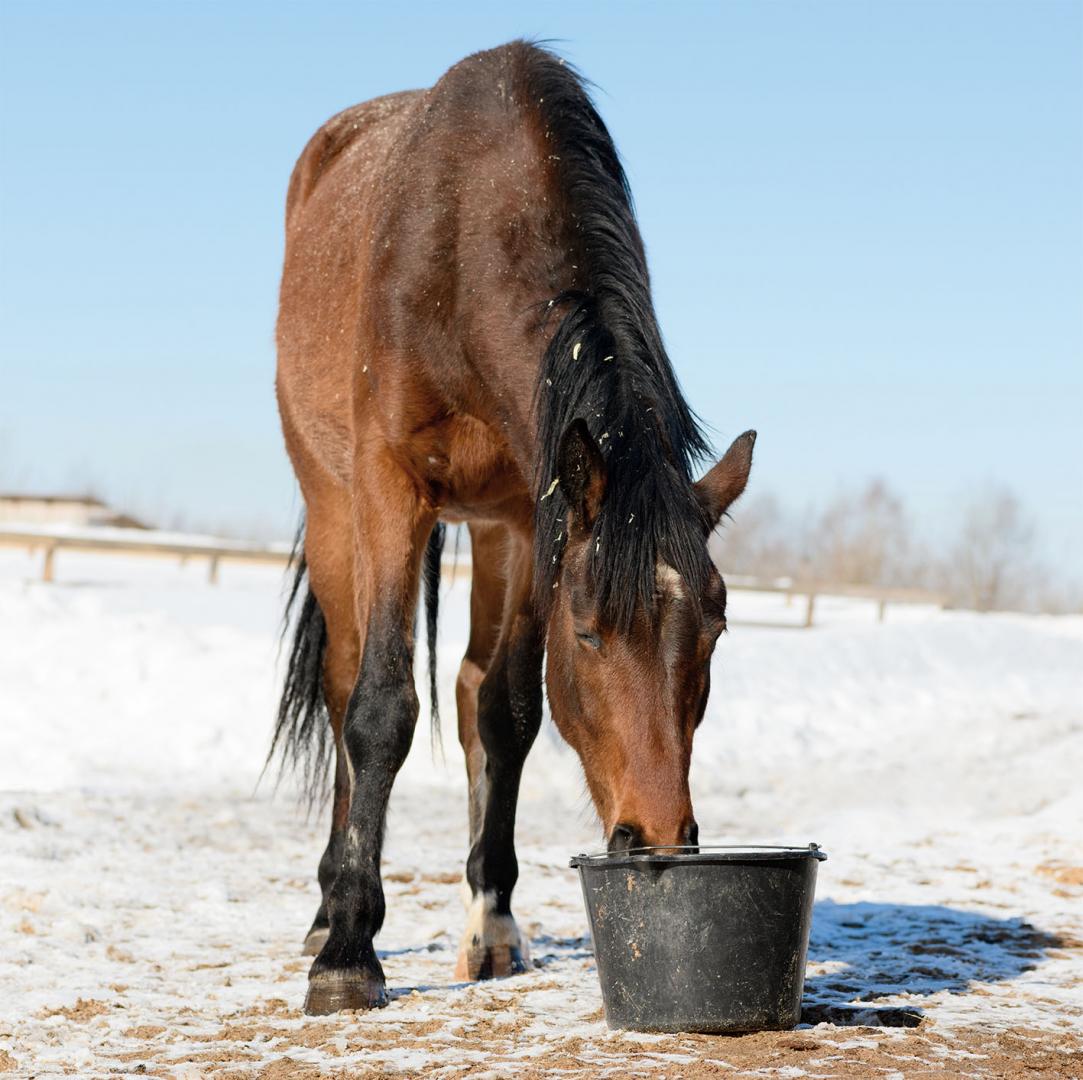
This may not be so much of an issue for those of us in Down Under, however water still freezes over in some of the colder parts of the country. Colic in winter is often caused by dehydration of horses, so it is important that you ensure your horse has access to enough unfrozen water. These days there are many solutions for this problem so do some research and decide on what is the best product for you and your horse.
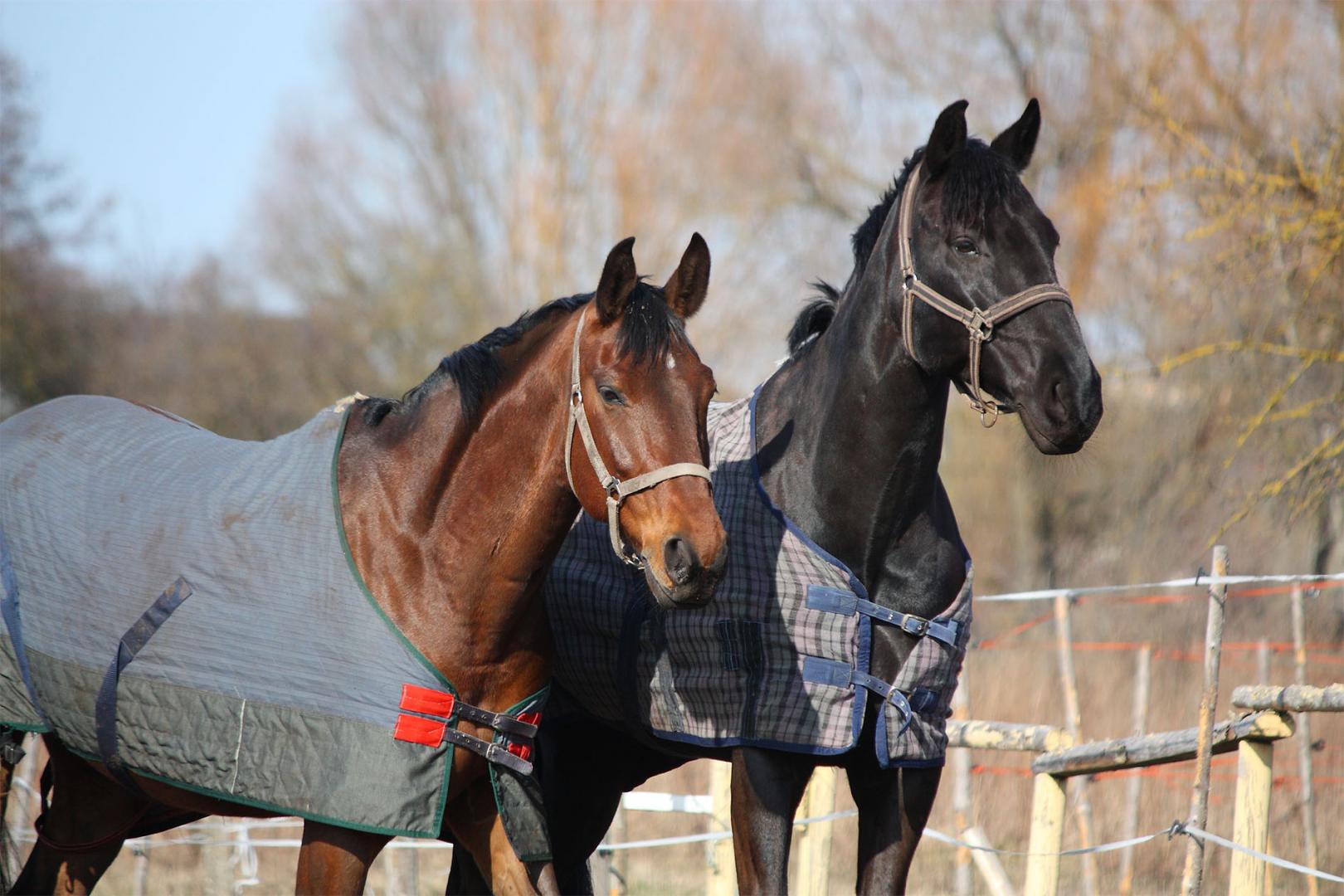
Putting a blanket on your horses that live outside can be necessary to keep them warm and dry. However, if the blanket is not checked frequently your horse could be susceptible to bacterial skin disease known as rain rot. Changes in body condition such as loss or gain of weight can be missed if a blanket it kept on a horse all the time.
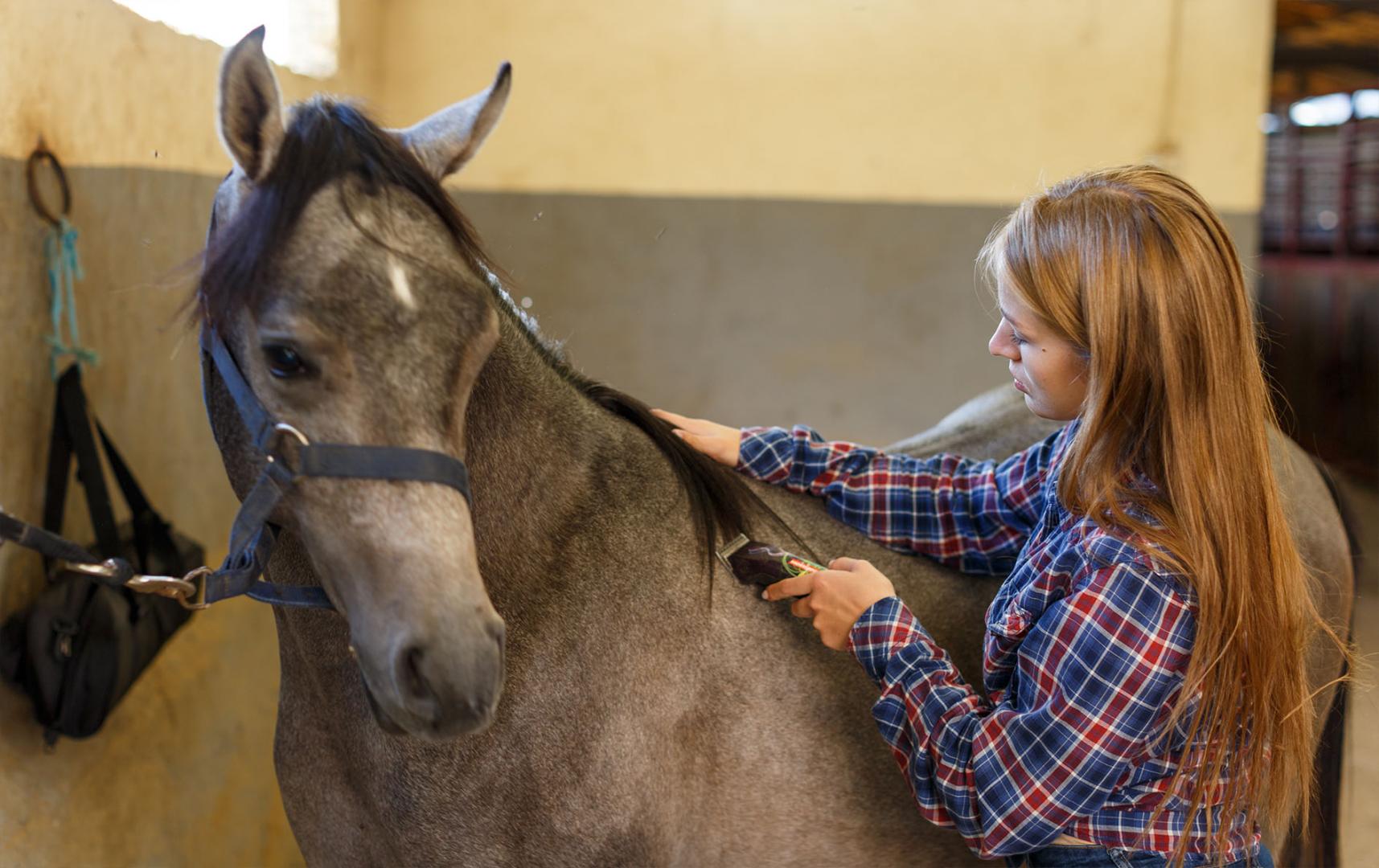
Horses have a thick winter coat that is meant to protect them and keep them warm. A lot of people make the decision to clip their horses to remove the heavy hair that slows drying time after riding. If you choose to do this make sure your horse is appropriately blanketed if he is living outside. Owners who clip their horses in winter should be careful and ensure they are blanketed sufficiently at all times outside to prevent frostbite in colder temperatures.
It is necessary to be very careful about ice on where horses walk. If a horse slips and fractures a bone we all know the sad consequences of this.
Horses that live in snowy regions could benefit from having a farrier apply a special pad to prevent balling-up of snow inside their shoes. These snowballs can create stiletto like platforms that are very unstable and could also lead to injury.
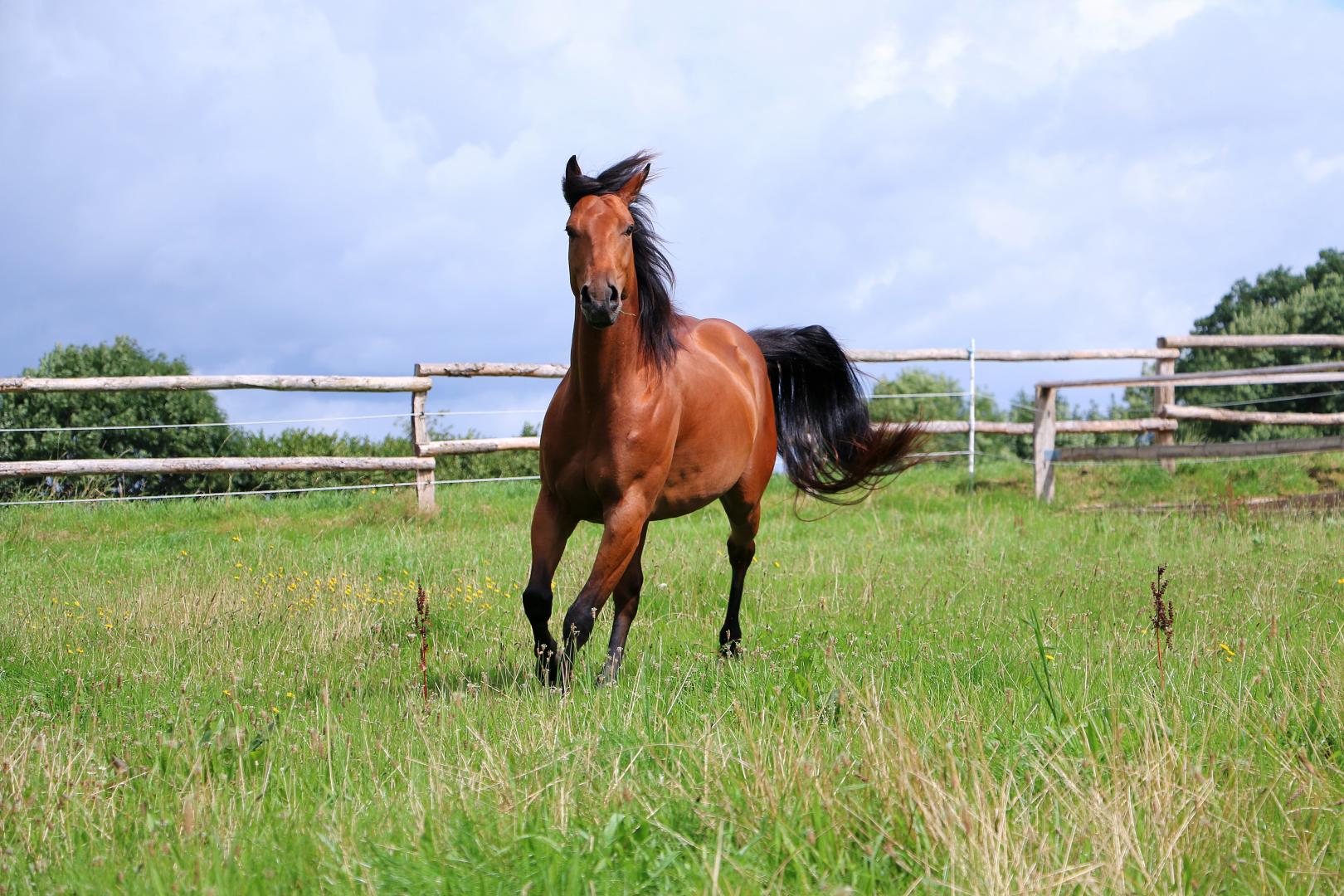
How do the seasons affect horses in Australia? The change of the seasons can affect our horses in ways other than what we as horse owners know and or...
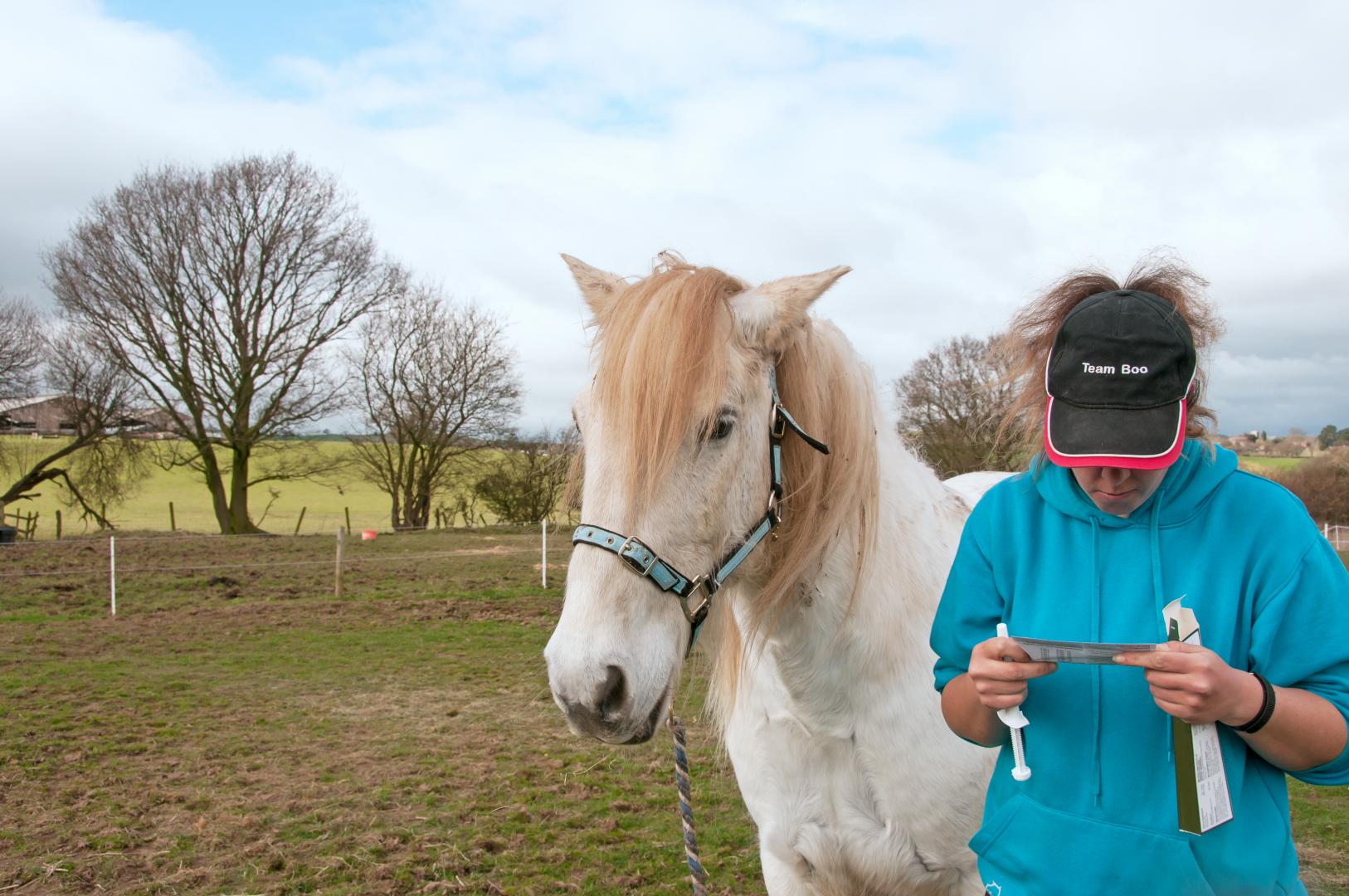
Should I worm my horse this Spring? Most of us won’t believe it (because of the crazy weather we have been experiencing), but Spring is just around...
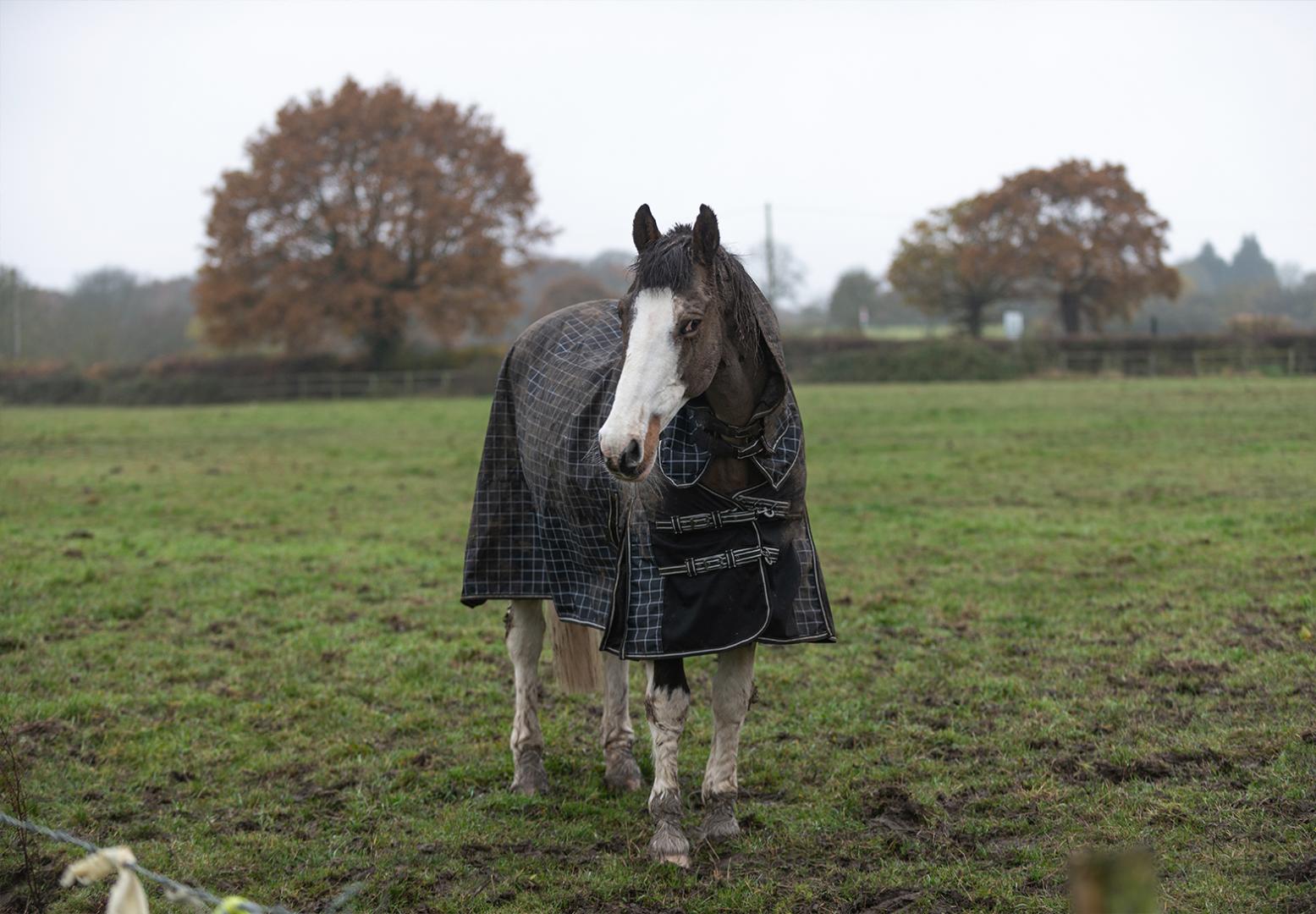
Top tips for winter horse care Caring for horses is a big job all year-round but in winter there are extra considerations to keep horses happy and...